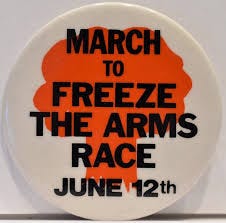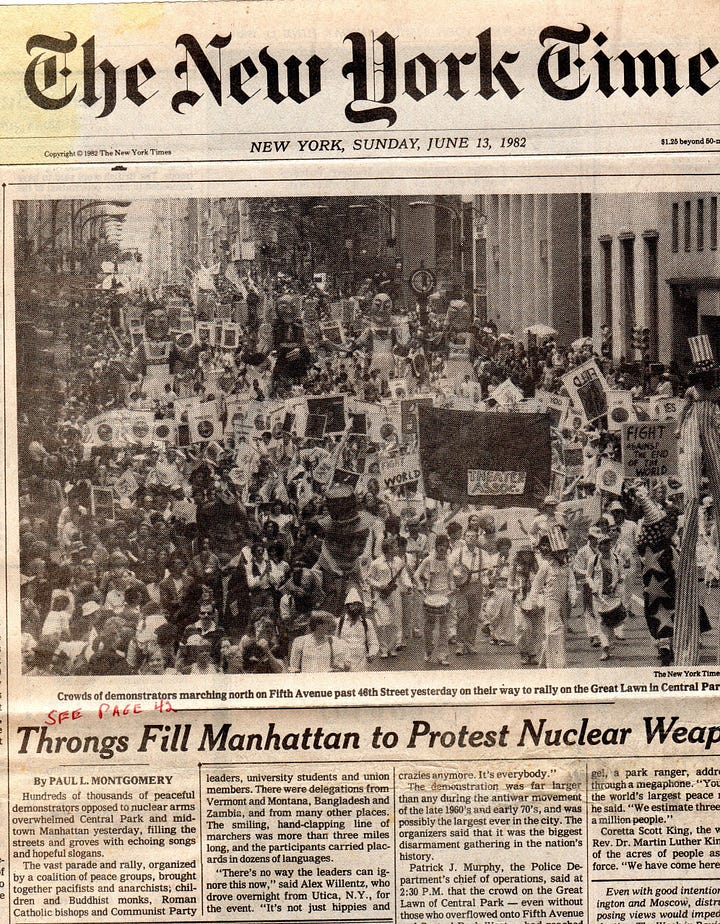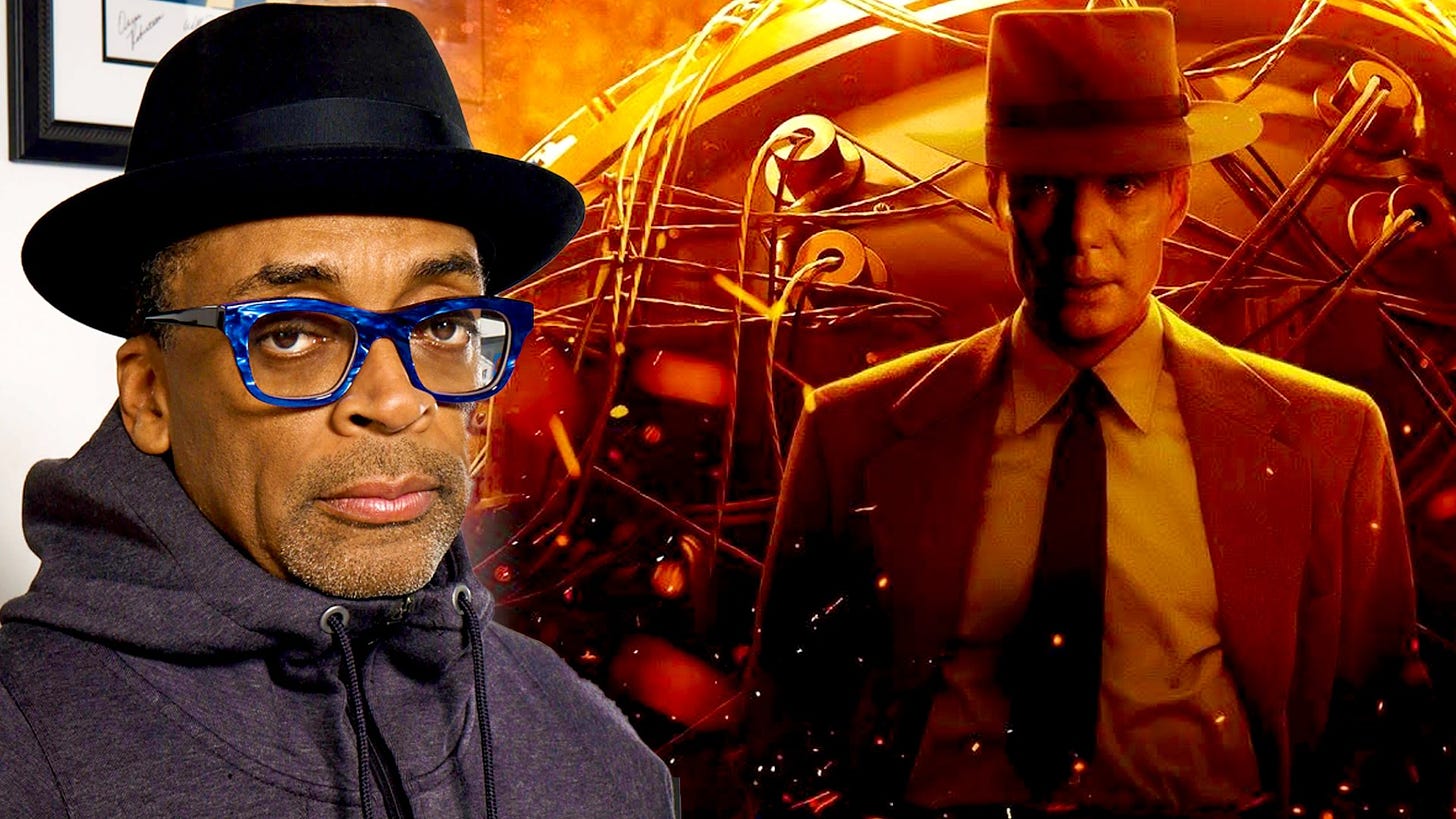Spike Lee on What's Missing in 'Oppenheimer'
Plus: Remember when the movie was going to radically inspire a new and profound nuclear debate in the USA?
Greg Mitchell is the author of a dozen books and now writer/director of award-winning films. He was the longtime executive editor of the legendary Crawdaddy. His newsletter remains free when you subscribe. His film “Atomic Cover-up” became free via Kanopy this month and the current “Memorial Day Massacre: Workers Die, Film Buried" remains free on the PBS site. Both have companion books.
It was good to see Spike Lee offer this belated criticism/commentary on Christopher Nolan’s Oppenheimer last week, even if cloaked in “massive” respect. Of course it is a point I have been making here (and here and much more) since viewing a preview and starting this newsletter back in mid-July:
Lee also called Oppenheimer a “great film” and Nolan “a massive filmmaker,” revealing that he showed Nolan’s World War II epic Dunkirk in the class he teaches at NYU.
With the caveat that “this is not a criticism, it’s a comment,” Lee said, “I would like to add some more minutes about what happened to the Japanese people. People got vaporized. Many years later, people are radioactive.
“It’s not like he didn’t have power,” Lee said of Nolan, who had three hours to work with, he points out. “He tells studios what to do. I would have loved to have the end of the film maybe show what it did, dropping those two nuclear bombs on Japan.”
Now, I could merely declare that all future screenings and streaming be followed by this epilogue: My own recent documentary Atomic Cover-up which does show “what happened to the Japanese people” including the a graphic depiction of a “vaporized” victim shot by the U.S. Army in 1945. (The film is currently available for free via Kanopy and coming to PBS next month.) Perhaps Nolan will add “extras” to the streaming version.
_____


After posting here almost daily for many weeks, I have slacked off this month. One reason: what I perceive as disappointing public reaction to whatever warnings about current nuclear dangers that appear in the movie. I warned here from the outset that the film’s weak handling of the decision to use the bomb against two cities, killing 200,000 (thr vast majority civilians), and aftermath there, and vague handling of radiation hazards, then and now, and “first-strike” nuclear policies remaining today, might result in the movie having no “legs” in terms of driving a new reckoning on our nuclear threat.
From what I’ve seen, my fears have been realized. Well, we did get a mediocre new U2 song.
But here’s where you come in: Let me know in Comments if you agree? Maybe you have seen new initiatives, poll results, local activism and national organizing. I charted here early on one quick positive reaction: new media and politico attention to “downwinders,” even progress on legislation and getting new money to victims of our nuclear testing in the southwest. But very, very little since then. Certainly no new “antinuclear movement" akin to what happened 40 years ago in the U.S. and around the world.
And now, once again, new nuclear tension and dangers arising from a possible wider war in the Middle East.
So: Let me know your thoughts on this. Oppenheimer will be streaming soon and reaching millions of new viewers, and then awards season hits, but I’d be shocked if that will mean much, as its moment for wide influence seems to have passed….
Young Bob, “Hard Rain,” 60 years ago.





Very disappointed in the film. Obviously the film is well done...but so was the development of the atom bomb itself, right? Icarus and Babel, man. Ego has to beat its mighty chest and make a scene, be it a man, a nation, a faith, a way of life. We live in a world of spectacle, not reason or reflection.
I knew, going in, the story was all Oppenheimer all the time. I was hoping, especially with Ukraine and the Middle East, that people would be more concerned than ever about the world's nuclear capability. Unfortunately people who I have talked to, who have seen the movie, were not motivated to learn (or thought they already knew) any more about the status of nuclear weapons today.